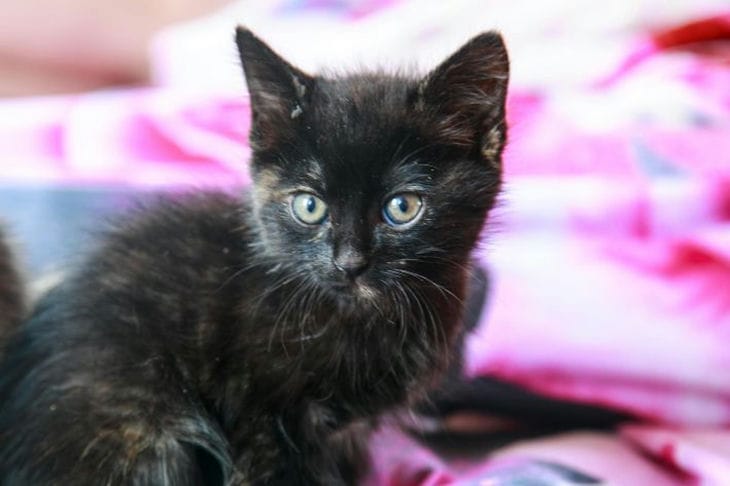Why Cats Don't Like Water: Physiology and Instincts
Many cat owners probably know: as soon as you turn on the water in the bathroom or start washing dishes, your pet immediately hides somewhere away from the moisture.
Trying to bathe a cat often turns into a real battle.
Why are representatives of the cat family so wary of the water element? Let's figure it out!
This article will discuss the reasons for cats' aversion to water and bathing. We will consider the features of their body that make a wet environment unpleasant and dangerous. We will also understand how you can gradually accustom your pet to water procedures if this becomes necessary.
Cat body structure: where the answer lies
To understand the cat's nature, let's first understand the features of their body that affect the animal's attitude to water. First of all, let's pay attention to the structure of the cat's fur. It consists of two layers:

1. Short, dense undercoat that lies close to the skin. It serves as a heat-insulating function.
2. Long topcoat. This coat is waterproof due to the special structure of the hair and protects the undercoat from getting wet.
It is the long fur that makes water procedures so unpleasant for cats. When wet, it loses its protective effect, the skin begins to blow, the cat freezes. In addition, drying wet fur takes a long time - it is not surprising that the pet does not like this situation.
Another important detail that influences cats' aversion to water is the lack of sweat glands throughout their bodies, unlike dogs. Therefore, the animal cannot sweat intensively and cool down while in the water. As a result, the cat's body temperature quickly begins to rise, which also causes discomfort.
Instinctive alertness
However, it is not only a matter of physiology. The behavioral component plays an important role, namely the instinctive caution of cats in relation to water.
The thing is that in the wild, these animals do not have a special need for water procedures. Cats maintain cleanliness by thoroughly licking their fur with their tongue, so they simply do not need to bathe. At the same time, the aquatic environment is unnatural for them, and therefore potentially dangerous.
Hence the wary, and sometimes aggressive attitude towards baths, showers and other water paraphernalia. Wild nature has not taught cats to see this as something familiar, so common sense tells them to stay away from anything wet!
Is it possible to accustom a cat to water?
Based on all of the above, it becomes clear: initially, cats are not inclined to enjoy water procedures. However, in some cases, accustoming to water and bathing is still necessary.
For example, if your pet has problems with its fur, or it is dirty, or you have to go to the vet. How can you make bathing less stressful for your pet?
First, you need to start gradually from the kitten's early age. Offer him to play near a bathtub filled with water, let him sniff the water, etc.
Secondly, it is necessary to create the most calm and friendly atmosphere during bathing. In no case should you force the cat into the water or splash it.
Thirdly, treats and gentle handling will help to encourage your pet and make the procedure more enjoyable. And drying with a soft towel and combing the fur after water manipulations will finally "bribe" the cat once and for all!
Previously we talked about how to properly clean a cat's ears .
